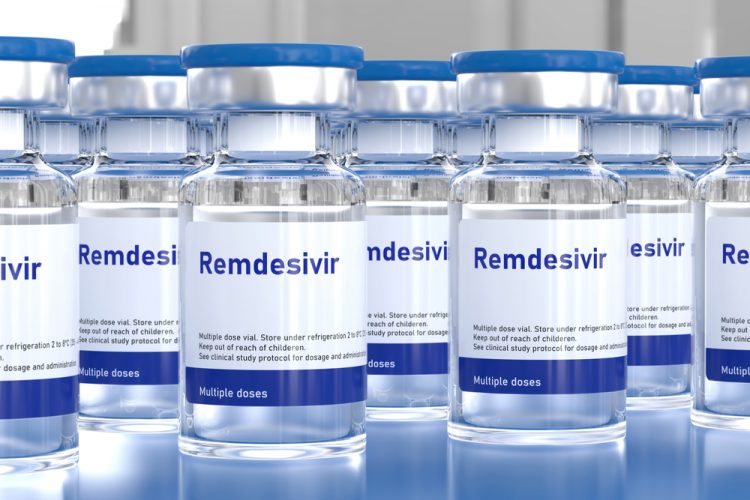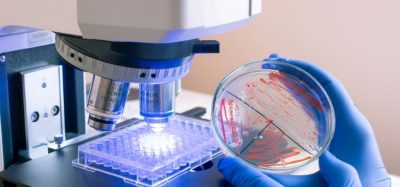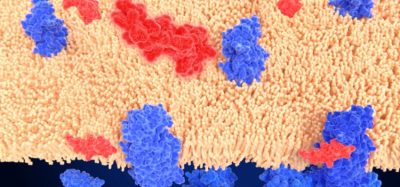Gilead to support Indian COVID-19 crisis with donation of remdesivir
Posted: 27 April 2021 | Hannah Balfour (European Pharmaceutical Review) | No comments yet
The company will donate 450,000 vials of remdesivir and support its licencing partners in expanding and accelerating the production of the drug.


To assist with the COVID-19 crisis in India, Gilead Sciences Inc. has announced that it is providing its voluntary licensing partners with technical assistance, support for the addition of new local manufacturing facilities and the donation of active pharmaceutical ingredient (API) to rapidly scale up production of remdesivir.
In addition to supporting its seven licensees based in India, the company said it will also donate at least 450,000 vials of Veklury® (remdesivir) to help address the immediate needs of Indian patients.
Remdesivir is a nucleotide analogue with broad-spectrum antiviral activity against multiple emerging viral pathogens, including Ebola, Severe Acute Respiratory Syndrome (SARS), Marburg, Middle Eastern Respiratory Syndrome (MERS) and SARS-CoV-2 (the virus that causes COVID-19). It is temporarily authorised in over 50 countries, including India, for use as a COVID-19 treatment. In India it is authorised for restricted emergency use for the treatment of suspected or laboratory confirmed COVID-19 in adults and children hospitalised with severe disease.
On 26 April 2021 the daily number of new COVID-19 cases in India was over 323,000 with some 2,770 deaths, according to the COVID-19 Dashboard by the Center for Systems Science and Engineering (CSSE) at Johns Hopkins University (JHU). Additionally, there is a shortage of space on intensive care wards, with 19,424 people currently hospitalised with the disease in Delhi alone and hospitals now forced to turn away patients.
There is also a shortage of oxygen. PATH reports that India now has the largest oxygen requirement of all low and middle-income countries and demand has been growing between six and eight percent each day. The estimated need for oxygen by COVID-19 patients in India is approaching 12m3, according to the PATH COVID-19 Oxygen Needs Tracker, and roughly 90 percent of the total oxygen supply in the country is now being diverted for medical use where it would typically account for just 15 percent, according to Rajesh Bhushan, a senior health official.
“The recent surge of COVID-19 cases in India is having a devastating impact on communities and has created unprecedented pressure on health systems,” said Johanna Mercier, Chief Commercial Officer, Gilead Sciences. “We are committed to doing our part to help tackle this crisis. Our immediate focus is to help address the needs of patients in India who may benefit from remdesivir as quickly as we can by working together with the government, health authorities and our voluntary licensees.”
All seven of the licensees based in India have significantly accelerated production of remdesivir by scaling up their batch sizes, adding new manufacturing facilities and/or onboarding local contract manufacturers across the country. These efforts are expected to increase the availability of remdesivir in coming weeks.
To safeguard against disruption of generic remdesivir supply to other low- and middle-income countries included as part of the voluntary licenses, the company will provide support, including donations of API, to voluntary licensees based outside of India to increase their production capacity.
About Gilead’s voluntary licensing programme
The voluntary licensing program for remdesivir was established in May 2020, and has enabled more than 2.3 million people in over 60 low- and middle-income countries to access remdesivir. The programme builds on the company’s voluntary licensing model for its HIV and viral hepatitis medicines. It provides royalty-free, long-term licenses to nine manufacturers, seven of which are based in India, to enable access to remdesivir in 127 countries, most of which are low- and low-middle income.
Related topics
Active Pharmaceutical Ingredient (API), Big Pharma, Drug Manufacturing, Drug Supply Chain, Therapeutics









